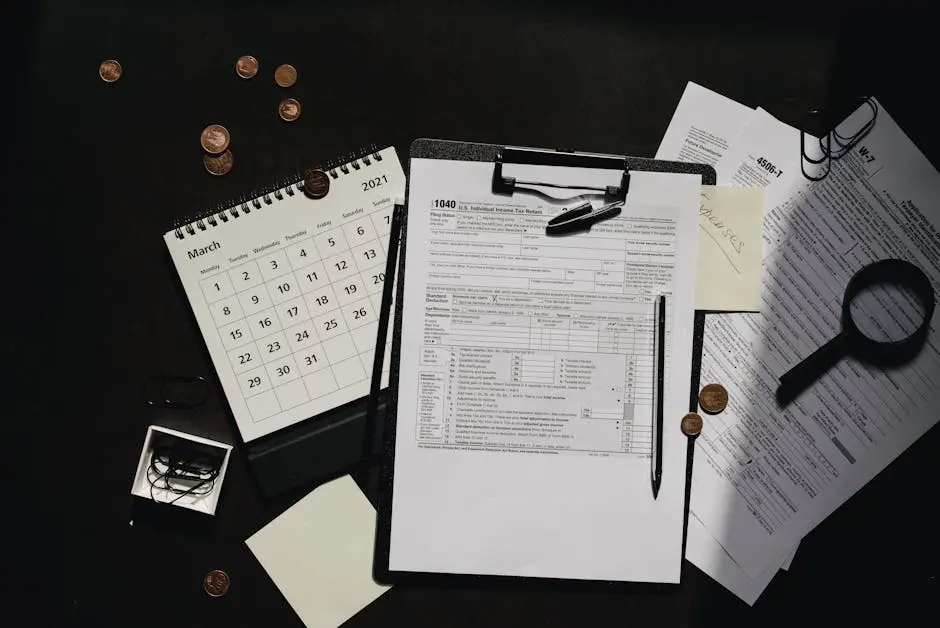Understanding capital gains tax can be a bit daunting, but it’s important to know when and why you might need to pay it. In this blog, we’ll break down what capital gains tax is, how it affects you, and the specific circumstances under which you are required to pay.
What Is Capital Gains Tax?
Capital gains tax is a tax on the profit you make when you sell an asset for more than its purchase price. Let’s clarify what types of assets are typically subject to this tax.
This tax applies to various assets like real estate, stocks, and bonds. So, when you profit from selling these investments, a portion of that profit may need to go to the government.
However, it’s important to note that not all assets are created equal within this realm. Some may even fall under different tax categories, making it crucial to understand your investments.
When Do You Realize a Capital Gain?
You realize a capital gain when you sell your asset. We’ll discuss how the term ‘realization’ works in the context of capital gains tax.
It’s essential to know that merely holding an asset does not trigger this tax. Capital gains are realized only when you sell the asset, whether it’s at a profit or a loss.
For instance, if you bought stocks for (1,000 and sold them for )1,500, the realization of that capital gain occurs at the point of sale. Understanding this helps clarify your actual tax obligations.
Short-Term vs. Long-Term Capital Gains
Understanding the difference between short-term and long-term capital gains is crucial, as they are taxed at different rates based on how long you’ve held the asset.
Short-term capital gains apply to assets held for one year or less. These are generally taxed as ordinary income, which can mean a higher tax rate for you.
On the other hand, long-term capital gains come from assets held for more than a year. Their tax rates are typically lower—ranging from 0% to 20%, depending on your overall taxable income.
What Are the Exemptions?
Certain situations allow you to avoid paying capital gains tax. We’ll explore common exemptions that can apply to your sales.
For instance, if you sell your primary residence and meet specific criteria, you might be able to exclude up to (250,000 of gain ()500,000 for married couples filing jointly).
Additionally, losses on other investments can offset your gains, minimizing the overall tax burden. Hence, understanding these exemptions profoundly empowers taxpayers.
Reporting Capital Gains on Your Tax Return
If you’ve realized a capital gain, you need to report it on your tax return. Let’s outline how to properly report these gains step by step.
To report your capital gains, you’ll typically need to fill out IRS Form 8949. This form requires you to list details for each transaction, including dates acquired and sold, sales prices, and costs.
After completing Form 8949, you’ll summarize your total gains and losses on Schedule D. It is vital to ensure this information aligns with your brokerage statements to avoid discrepancies.
Seeking Professional Help
Navigating capital gains tax can be tricky. We’ll discuss when it might be beneficial to consult with a tax professional for personalized advice.
If your situation involves complex investments or large amounts, seeking a tax advisor can prove invaluable. They can help you strategize the best ways to minimize your tax liabilities.
Even if you have a simpler situation, a professional can offer peace of mind and ensure you are compliant, possibly saving you money in the long run.
Final Thoughts on Capital Gains Tax
Knowing when you are required to pay capital gains tax can help you make informed financial decisions and avoid unexpected tax bills. Always consider consulting with a tax professional to navigate your specific situation and ensure compliance with tax laws.




